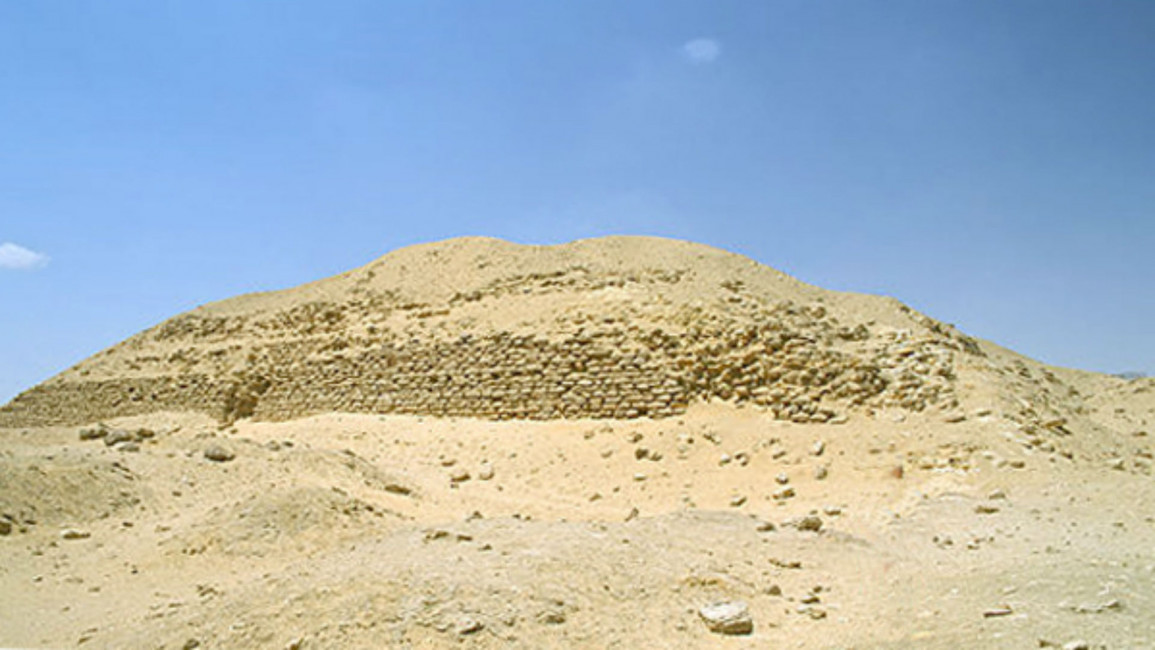Egypt discovers tomb of Old Kingdom pharaoh
Egyptologists are hailing the discovery of the tomb of an Ancient Egyptian pharaoh, saying it has the potential to unlock secrets of a largely uncharted period of the Old Kingdom dating back more than 4,500 years.
The minister of antiquities, Mamdouh al-Damati, announced on Monday the unearthing of the tomb Khaba in the Quwesna archaeological site, which lies in the Delta province of Monufia.
The 3rd Dynasty pharaoh is believed to have been ruler in about 2670 BC, placing him among the first of the Old Kingdom.
Damati said the tomb was the first dating from the Old Kingdom to have been unearthed in Quwesna, which until now was famous for its Greco-Roman burials.
He said: "The discovery of this tomb is a great achievement. We still do not know much about this king and his dynasty, much study and research much be done to unveil its history."
Little is known about Khaba but his name, which means "radiant soul", is well-attested in the archeological record on stone bowls and seal impressions.
Some Egyptologists have attributed to Khaba the unfinished "Layer Pyramid" at Zawyit al-Aryan, which lies between the Giza and Abusir necropolises.
The Old Kingdom (2686 to 2181 BC) was the period when Egypt attained its first continuous peak of civilisation. Many pyramids were built as royal burial places during this period, including those at Giza and Saqqara.



